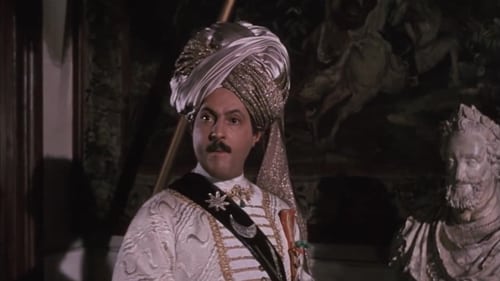
Jérôme
Jérôme and Sophie are "foreigners". They evolve in a world whose rules seem to them as many constraints and adopt unusual behaviors which can disorientate their interlocutors. They say they are brother and sister and many people prefer to believe them and be satisfied with this version for fear of supporting a situation that is too scabrous. Only Olivia accepts to assume the situation. Her taste for derision and her humor allow her to overcome the provocations of the couple and to take an ascendancy on them.

Blanchet
The neglected daughter of an industrialist who made his fortune in explosives supplies during the war and of a mother who was mostly concerned with herself, Monique Lerbier is a pretty blonde with generous but strong ideas and a hard character. She has chosen to be an atheist since her adolescence and does not tolerate injustice and social hypocrisy. She was to be married to an engineer, Lucien Vigneret. It was an arranged marriage, the dowry having to allow Vigneret to enter the capital of his father's company, which needed it to finance its business. But two weeks before the wedding, Monique surprises the fiancé with a mistress.

Pierre
Un profesor universitario regresa a España, para visitar a un antiguo amigo que ahora vive con una hijastra adolescente y su segunda esposa. Los viejos amigos redescubren la antigua literatura erótica de su juventud, y cuando la hija lo descubre también…intenta seducir al profesor.

Thierry La Valette

Lucio

Marcel

Philippe Despres
This three-part movie begins with a young woman married to an older, cold-hearted man in the year 1200. Two rivals have a swordfight over the affections of the woman. Part two takes place in 1910 and finds an amorously unfaithful wife taking on her many lovers while her unsuspecting husband lurks nearby. The final part finds a count and countess engaging in extramarital affairs in France during the 1840s.

Cléante
Le Bourgeois gentilhomme satirizes attempts at social climbing and the bourgeois personality, poking fun both at the vulgar, pretentious middle-class and the vain, snobbish aristocracy. The title is meant as an oxymoron: in Molière's France, a "gentleman" was by definition nobly born, and thus there could be no such thing as a bourgeois gentleman.




